Introduction to the different programs Singapore International Schools offer
As students progress through their secondary education in Singapore International Schools, they are often presented with various academic pathways, each designed to cater to different learning styles and educational goals. Two prominent programs that students and parents frequently consider are the International Baccalaureate (IB) Middle Years Program (MYP) and the International General Certificate of Secondary Education (IGCSE). In this article, we will explore the key differences between these two educational frameworks to help students and parents make informed decisions about their academic journey.
Philosophical Foundations
The IB Middle Years Program and IGCSE are built on distinct educational philosophies. The IB MYP, developed by the International Baccalaureate Organization, is rooted in a holistic approach to education. It aims to foster intellectual, personal, emotional, and social development in students, emphasizing intercultural understanding and global engagement.
On the other hand, the IGCSE, administered by the University of Cambridge International Examinations, focuses on a more subject-specific curriculum. It provides students with a broad and balanced foundation in various subjects, preparing them for advanced studies in specific disciplines.
Structure and Curriculum
One significant difference lies in the structure and curriculum of the two programs. The IB MYP is a comprehensive program designed for students aged 11 to 16 years. It consists of eight subject groups, including language acquisition, language and literature, individuals and societies, sciences, mathematics, arts, physical and health education, and design. Additionally, students engage in a personal project that encourages independent inquiry and reflection.
Conversely, the IGCSE is an examination-based program typically undertaken by students aged 14 to 16 years. It offers a wide range of subject choices, allowing students to tailor their curriculum based on their interests and career aspirations. The IGCSE culminates in a series of exams, and students receive certificates for each subject completed.
Assessment Methods
The assessment methods employed by the two programs also differ. The IB MYP emphasizes continuous assessment, including projects, presentations, and coursework. This approach allows educators to evaluate students’ understanding and skills across a range of criteria, fostering a more holistic evaluation.
In contrast, the IGCSE relies heavily on final examinations at the end of the course. Students’ performance in these exams determines their grades and, subsequently, their eligibility for further education.
Global Recognition
Both the IB MYP and IGCSE are internationally recognized programs, but they are recognized for different reasons. The IB MYP is renowned for its holistic approach, fostering well-rounded individuals with a global perspective. It is often considered an excellent preparation for the subsequent IB Diploma Program. On the other hand, the IGCSE is widely acknowledged for its rigorous academic standards and its role as a pathway to higher education, especially in the British and Commonwealth education systems.
Conclusion
In choosing between the IB Middle Years Program and the IGCSE, students and parents must consider their educational philosophy, preferred assessment methods, and long-term goals. While the IB MYP emphasizes holistic development and continuous assessment, the IGCSE provides a subject-specific curriculum with a focus on final examinations. Ultimately, the decision should align with the student’s learning style, aspirations, and the educational opportunities they wish to pursue beyond secondary school.






